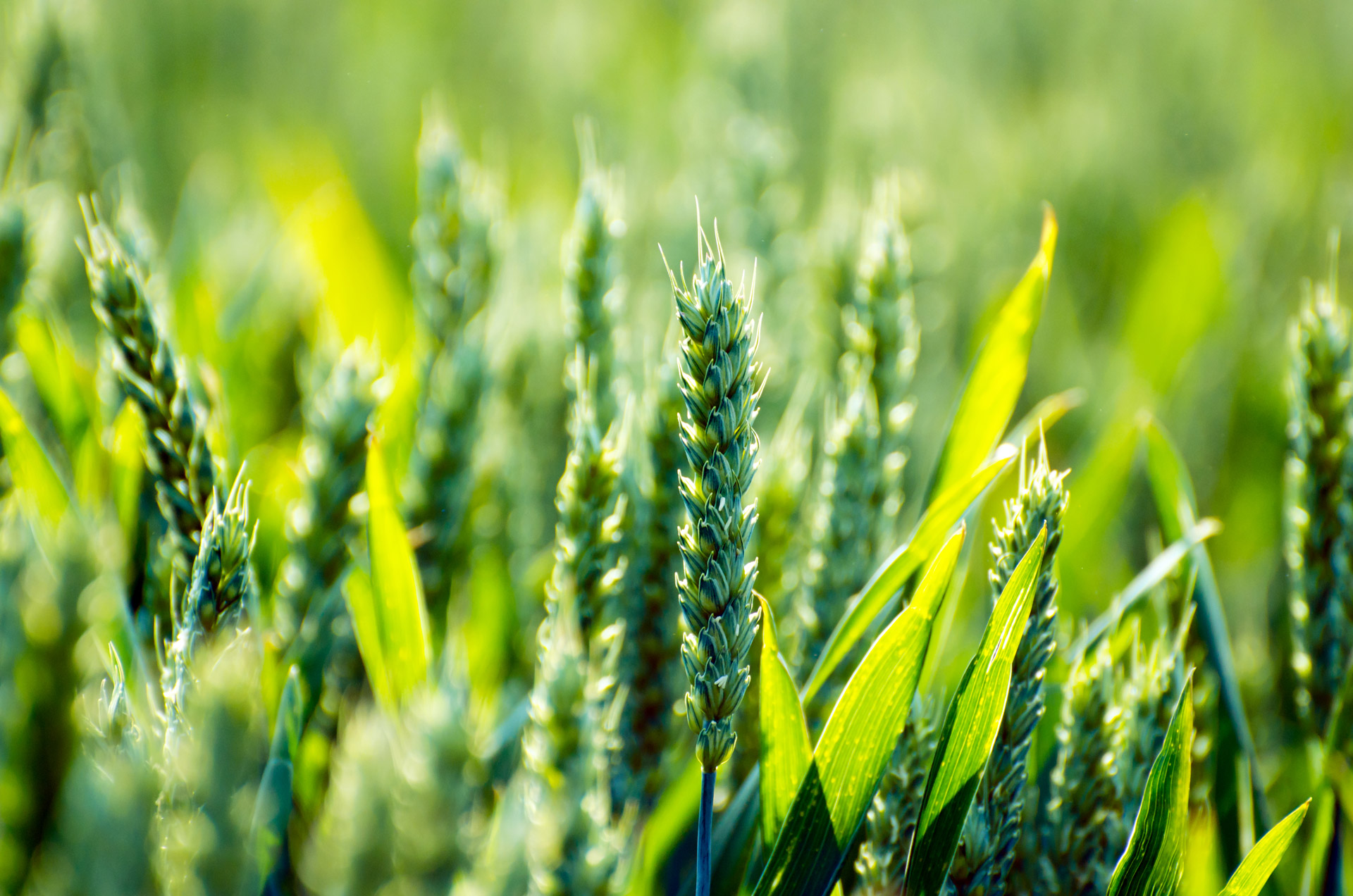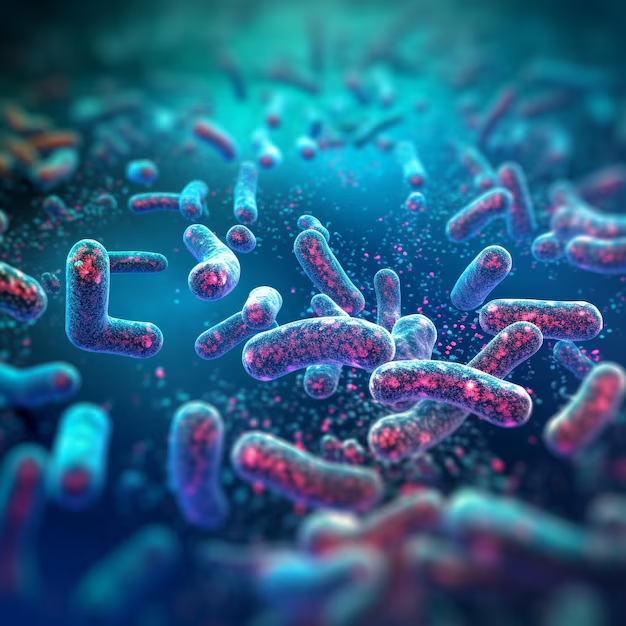
Organic Lifestyle: Health Benefits of Going Organic
What is Organic?
The word organic seems to be interchangeable with the word natural. Recent technological advances made in society over the last decade have disconnected many people from nature. This could be linked to some of the rises in depression or other diseases we are seeing globally. As a result, many people want to change their lifestyle, with some looking to a more organic lifestyle as a solution.
With pretty much everything nowadays being focused around technology, it is easy for people to become completely disconnected from their natural environments and ultimately themselves.
This extends to food and agriculture. Much of the food and agricultural industry has become highly commercialised. This includes the use of intensive pesticides, herbicides and fertilizers that may not be good for the consumer but are good for profitability.
The consumer landscape is changing. Many people are wanting to make the switch to organic products or an organic lifestyle.
An organic lifestyle simply means adopting more of a natural way of life. Aspects of this include eating foods grown more organically, without harmful commercialized agricultural products, or buying cosmetic products that are more ethical or of more natural origins. This might also mean connecting more with nature and the outdoors.
In different industries the term organic means different things. In the wellness or natural health sector this is pretty much the definition of organic and an organic lifestyle.

Organic Lifestyle
Buying fresh and organic produce grown more naturally
Choosing cosmetic products with natural source ingredients
Growing your own produce
Encouraging your inner gut microbes with organic foods, pro or prebiotics
Embracing nature and the outdoors

Benefits of An Organic Lifestyle?
When you show organic produce to most people their reaction will usually be, well why are organic products or produce much different to the rest. They are all grown the same way right?
This is not the case. There are some differences that many people don’t know about in the way our food is produced. Let’s explore some of them.
Organic Foods: Higher Nutritional Value?
Switching to organic food as part of an organic lifestyle could add more nutrients into your diet. Some intensive herbicides or pesticides contain certain chelate molecules that bind to essential soil nutrients, robbing them of nutrients over time. It is not just this though, certain intensive pesticides and fertilizers use unhealthy substances such as cadmium.
There is a lot of field-based evidence to suggest that the use of industrial fertilizers and pesticide management chemicals degrades the soil of nutrients over time. This leads to nutrient poor soils that are not as good for our health. Traditional agricultural methods were more considerate of the soil than most current practices.
Organic growing methods focus more on overall soil health and plant nutrients. More modern upscaled agricultural practices target specific varieties that only respond to industrial fertilizers. These usually contain limited plant nutrients in high amounts.
Rather than growing varieties that only respond to these industrial fertilizers, organic producers look to take a broad scale approach. They look after the welfare of the soil and understand the impact of their industry in the long term. This understanding extends to the consumer too, who are getting a more nutrient dense product.
Organic Animal Produce
There is also an animal welfare aspect to nutrition. Organic wild grown chickens, including grass fed cows, seem to have a higher nutritional content to them. It is not just about the nutrients, but the welfare of the animals as well. A better kept animal will also be less stressed than an animal kept in more natural conditions.
In addition, organically reared animals are not fed antibiotics with their feed, encouraging positive gut microbiota. This has knock on effects in humans too, including in milk products.
These aspects are all better for the consumer too and are all good reasons to switch to an organic lifestyle.

Organic Foods Reduce Body Toxin Levels?
Organically grown food contains far less industrial pesticides, herbicides and fertilizers. Or organic producers opt for organic certified versions of these. Most people are not completely aware that many of these chemicals are very bad or toxic for humans.
As an animal species, humans share many similarities with other organisms and there is a lot more crossover than people think in terms of adverse effects.
Toxic or harmful chemicals, even if residual, all require removal from the body. They can also bioaccumulate in your body tissues. Toxins reduce the overall effectiveness at which the body can work, also requiring resources such as water.
Switching to an organic lifestyle would mean reducing intakes of potentially harmful chemicals that your body doesn’t need. As a result, this change might have beneficial health effects on the body and the mind too.
One organ we can identify immediately here for a positive effect of an organic lifestyle is your kidneys. This is because of the reduction in food-borne toxins. Reduced toxin bioaccumulation will have positive effects on kidney health because of lowered filtration and excretion rates.
Organic Foods: Healthier Gut Microbes?
The microbes in your gut have a unique effect on your health. We know that gut microbes are essential to optimum health and wellbeing. All of the aspects they effect and how are being mapped out by current research.
The use of heavy chemical pesticides and herbicides is detrimental to the growth of beneficial gut and soil microbes. We have harnessed natural relationships with these microbes for millennia.
Through switching to organic produce you tap into these relationships, allowing yourself to reap the rewards that positive microbes can provide throughout the food chain. As a diagnosed illness, depression levels have skyrocketed globally.
Gut microbes are known to play a role in maintaining healthy brain activity and functioning. It is possible that there is a link here between the increases in depression we are seeing and the levels of beneficial gut microbes we have on average per person.
Many studies have linked feelings of depression and anxiety to changes in gut microbes. Many of these are directly related to poor diets.
Studies have also managed to link gut microbes to the inflammatory response system, with a better gut microbe environment reducing inflammation. This then has more of a positive effect on your stress levels and can possibly also influence feelings of depression.

Organic Lifestyle: Better Moods & Feelings of Satisfaction?
The increasing pull away from nature, towards a more technologically orientated lifestyle, seems to overlap with rises in depression globally in the last decade.
Having better nutrients from food and a healthier gut microbe environment could improve your mood. In addition, a more organic lifestyle also could mean embracing nature and the outdoors more than you would.
Going out into nature and even light exercise can help with improving ones overall mood and wellbeing. Getting away from the stressful working or personal environment could have some really positive health benefits in the long term.

Organic Cosmetics: Less Allergies?
In addition to the above, there is an entire industry dedicated to organic cosmetics and cleaning products. This can include shower or bath soaps, deodorants or even dish washer soaps.
Organic cosmetics, in general, contain less harsh industrial chemicals for you than the usual household brands do. If you thought some the additive ingredients used in some foods are bad, you should have a look at certain cosmetic products and soaps.
One of the latest health challenges has been a rise in allergies globally. Some of this can be attributed to harsh soaps and chemicals that we use daily. Not only this, but these chemicals also return to the water supplies where they have to be removed, before returning to the water table. This happened during the microplastics scandal in the cosmetics industry, which is likely still ongoing.
A positive change you can make for yourself and also the environment is to switch to more organic cosmetics, that can be better for you and your skin.
Changing to an Organic Lifestyle
You make a change to an organic lifestyle every day you make decisions. Whether this is a superstore or actively wanting to look at your local health food store.
You might also want to change some of your cosmetic products to natural source ones. As part of an organic lifestyle, you could take a probiotic, prebiotic or integrate more organically grown whole foods into your diet as possible. You might also choose to shop at a local butcher or choose to shop with a local farmer, where you know how your food was processed.
Sometimes people question the cost aspect of organic produce. One method of cost reduction is going directly to the seller, farmer or a local butcher. You could also argue that for some products, the margin you make for your health in the long term is worth the small cost in the short term.
You could even choose to grow some of your own produce. This can help you to understand how the food production cycle works and is one of the most organic changes to your lifestyle you can make. If you are going to do this, you should probably stick to one or two simple fruits or vegetables to start with.
Part of a more organic lifestyle could also include staying up to date with the most current knowledge there is on organic produce or products. Switching to an organic lifestyle might mean taking a weekend break somewhere more rural and refreshing or just embracing nature more often.

Conclusion
For many people, the organic lifestyle provides a solution to many of the health-related problems created by society in the last decade. This could include buying organic products or embracing nature more.
We have shown that organic produce differs from non-organic or intensive agriculture. This has potential health effects and could improve your nutritional status, mood and overall wellbeing.
Organic foods and agriculture have less pesticides, or harmful chemicals, in which can lead to improved kidney health and less inflammation in the body. This may also be linked to certain moods and health problems such as depression or anxiety.
Buying organic forms only one aspect of an organic lifestyle. and something as cost effective as going into nature more often can improve satisfaction levels in one’s life.
An organic lifestyle is easy to implement and could possibly improve your overall wellbeing.
For more interesting articles, navigate to the main articles page below.





